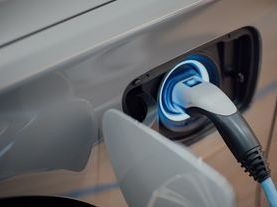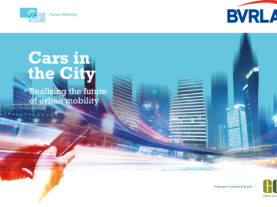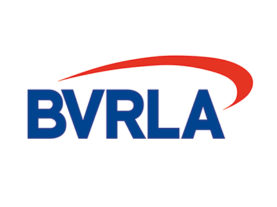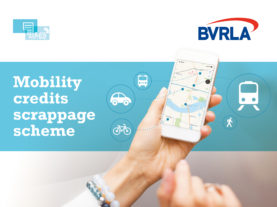Mobility Credits provide a cost-effective way of delivering targeted transport behaviour change. Owners of the most polluting diesel vehicles (typically pre-Euro 5 diesel) are incentivised to scrap their cars in return for a ‘mobility credit’ that can be used to pay for a range of different public and private transport modes, including buses, trains, trams, bikes rental, car clubs and car rental.
How do Mobility Credits work?
In return for scrapping their car, participants will receive mobility credits (£2,500-£4,000 is suggested) that can be redeemed against travel journeys with a range of transport providers. This can be done via:
- A Mobility as a Service (MaaS) platform (e.g. Whim, which is already being trialled across the West Midlands) – a smartphone app that provides a one-stop shop for a range of transport modes, either on a pay-as-you-go basis or as a subscription.
- A pre-paid transport card that can be used to make digital payments for a range of transport modes. This scheme could be particularly useful for citizens that don’t have a smartphone or bank account or are not comfortable with technology.
What are the consumer benefits?
In contrast to the previous UK car scrappage scheme, which provided a contribution towards a new car, Mobility Credits will encourage participants to own fewer or no cars. The average privately owned city car spends 97% of the time parked up. Mobility Credits enable people to abandon the cost and hassle of ownership (MOT, insurance, parking, servicing, depreciation), safe in the knowledge that they can still access a car if they need to. They also act as a catalyst for people to embrace more sustainable modes of transport.
What are the wider benefits?
Mobility Credits help address four key public policy challenges.
1. Health
- More use of active travel (cycling and walking) and public transport
- Removal of older, more polluting vehicles from cities
- Reduced congestion leading to fewer road accidents and lower NOx emissions associated with idling diesel vehicles
- Reduced demand on local health services from air quality-related conditions
2. Environmental
- Reduced emissions from use of more shared and active transport
- Greater use of zero and ultra-low emission vehicles (taxis, car club cars, buses)
3. Economic
- Potential to mitigate against the financial impact of Clean Air Zones for people driving non-compliant vehicles
- More awareness of the cost of car ownership and the benefits of not doing so
- Supports the business case for public transport and other mobility services
4. Social Inclusion
- Mobility Credits can be targeted at particular demographic groups that are most at risk of transport related social exclusion as a result of air quality measures
Energy policy economists at Ecuity produced the following analysis of the potential benefits of offering £2,500 Mobility Credits to 40,000 owners of older diesel cars:
|
|
Results – Mobility Credits |
Scrappage scheme (DEFRA) |
|
First year air quality improvement (t) |
66.93 |
|
|
Total reduction in NOx emissions (t) |
1272 |
400 |
|
Welfare benefit |
£242,731,941 |
£120,000,000 |
|
Health impact |
£73,499,575 |
£10,000,000 |
|
GHG impact |
£19,721,120 |
£10,000,000 |
|
Government cost |
-£91,772,670 |
-£110,000,000 |
|
Welfare cost |
-£73,418,136 |
-£50,000,000 |
|
Economic growth impact |
N/A |
Small & positive |
|
NPV of policy |
£170,761,829 |
-£20,000,000 |







